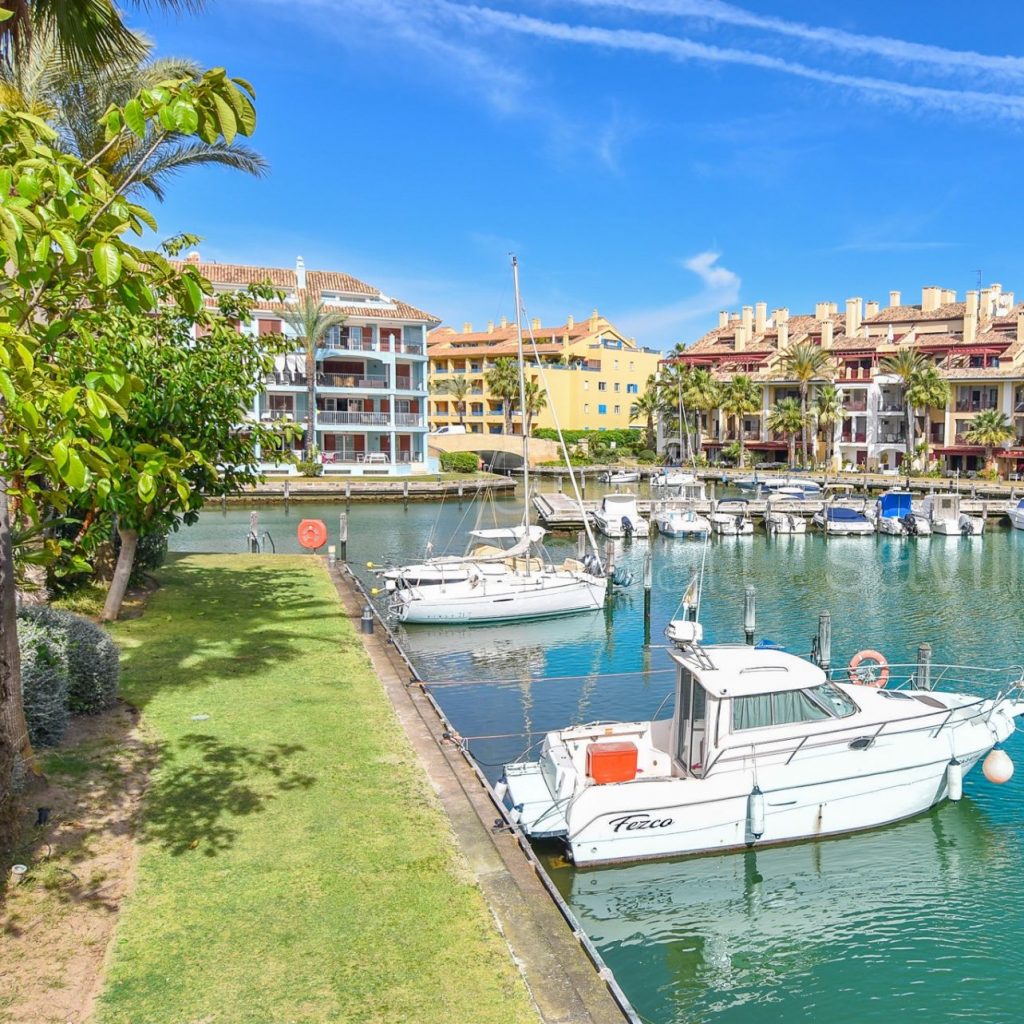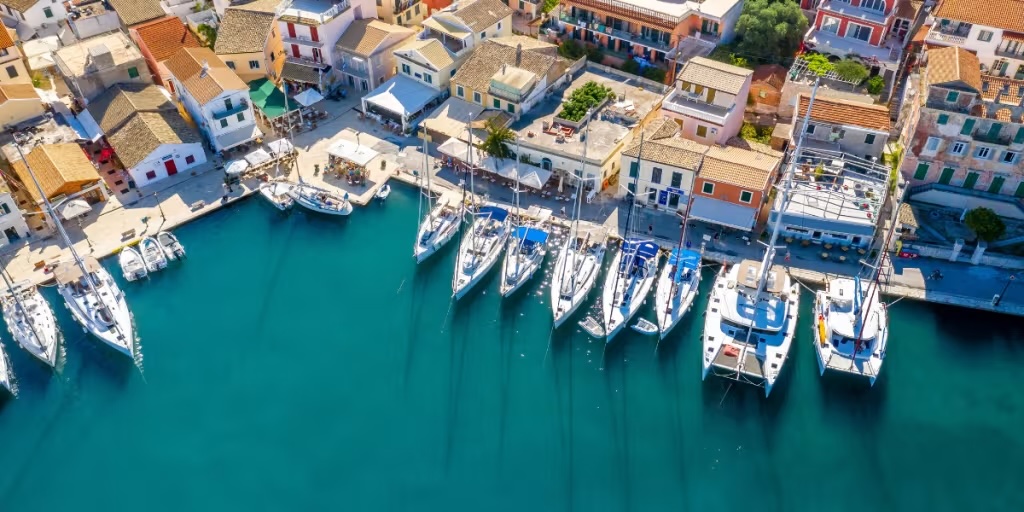Do You Need Special Paperwork to Moor Your Boat in Spain or the Mediterranean?

Many boat owners we speak to while processing their Poland yacht registration are surprised by how much uncertainty surrounds something as simple as mooring a yacht in Spain, Italy, Greece or anywhere else in the Mediterranean. People often assume you need local permits, country-specific registrations or special licences before a marina will even let you tie up. Fortunately, the reality is far simpler and registering a yacht in Poland is a great option for ensuring this simplicity, though it’s easy to get confused when marina policies, insurance requirements and flag-state rules all overlap.
The truth is that Mediterranean marinas mostly care about one thing: that your boat has a valid, recognised registration. This can be issued by almost any flag state, the reason we specialise in Polish yacht registration is purely for the simplicity and low ongoing cost. A yacht registered in the UK, the US or any EU country will usually be accepted without any difficulty. Spanish marinas, for example, do not require a boat to carry a Spanish registration, nor do they mind if your vessel is flagged in Poland, the Netherlands, the UK or even the Cayman Islands. As long as you can show an official certificate of registry, you can sign a mooring contract just like any local owner. Spain’s official maritime authority provides the general framework for marina operation, but none of it restricts a foreign-registered vessel from being berthed long-term.
Alongside registration, most marinas will ask for proof of insurance. This is standard across Spain, Italy, Croatia and Greece. The required cover is usually third-party liability, although certain marinas—particularly in environmentally sensitive areas—may also request wreck removal cover. Insurance companies tend to care more about the boat’s registration than the marina does, which is why having a clean, internationally recognised certificate can make things easier. EU-issued registrations tend to fit neatly into insurers’ underwriting frameworks, and a Polish registration is particularly popular because the paperwork is straightforward and universally readable.
One question that comes up frequently is whether Brexit has changed anything for UK boat owners who want to keep their yacht in Spain or Greece. From a mooring perspective, nothing meaningful has changed. Marinas still accept UK-registered boats exactly as they did before, and Polish yacht registration remains one of the most common non-local options. The only area where owners must pay closer attention is VAT status if the boat physically enters EU customs territory, which is a tax matter rather than a marina rule. Those details can be checked via the European Commission’s VAT guidance.

Boating licences also cause confusion. Many owners believe they need a Spanish licence to moor or sail in Spanish waters, but the Mediterranean generally follows a simple principle: you operate under the rules of your flag state. If your registration country recognises your boating qualification, Mediterranean countries typically accept it as well. RYA qualifications, for example, are widely used and respected throughout Europe. The key is matching your licence to your vessel’s registration, not to the country where you keep the boat.
One thing that often surprises newcomers is how little influence your flag has on mooring fees or marina availability. Prices in the Mediterranean are driven by seasonality, boat length, and local demand, not by registration. A 10-metre yacht will pay the same in Denia or Split whether it carries a Polish, UK or US flag. What does matter is having documents in order when the marina asks for them, particularly if you want a yearly contract. A missing or expired registration certificate is one of the few things that can actually derail a reservation.
People also ask whether they can moor a boat while waiting for paperwork. Short stays are often possible, but long-term contracts almost always require a valid certificate. This is why many owners opt for registrations with fast processing times. Some flag states take weeks or months, while others issue digital certificates within days. The Polish flag, for example, is issued electronically in as little as 2–5 business days, which helps owners secure a marina berth without delay. The flexibility to keep the boat anywhere, Spain, the Balearics, France, Italy, Croatia, even the US, remains the same regardless of where the registration originates.
Changing your flag while your boat is already moored is also far simpler than most people imagine. You don’t need to move the yacht or renegotiate your contract; you simply provide the marina with your updated registration certificate and, if required, inform your insurer. Many owners switch from the UK SSR or Dutch systems to an EU registration while their boat never leaves its berth.
So, what paperwork do you actually need to moor your boat in Spain or elsewhere in the Mediterranean? In almost every case, it comes down to three things: a valid vessel registration, proof of insurance and your personal ID for administrative purposes. No special permits, no compulsory local registration and no country-specific bureaucracy. As long as the documents match your vessel and are recognised internationally, you can keep your boat anywhere from Valencia to Sicily without extra complications, making the Poland yacht registration the perfect option.
If you want a registration that is fast to obtain, EU-recognised and easy for marinas and insurers to process, you may find the Polish flag a practical choice. But whichever flag you choose, the important thing is having the correct paperwork ready so you never miss out on the mooring you want.
